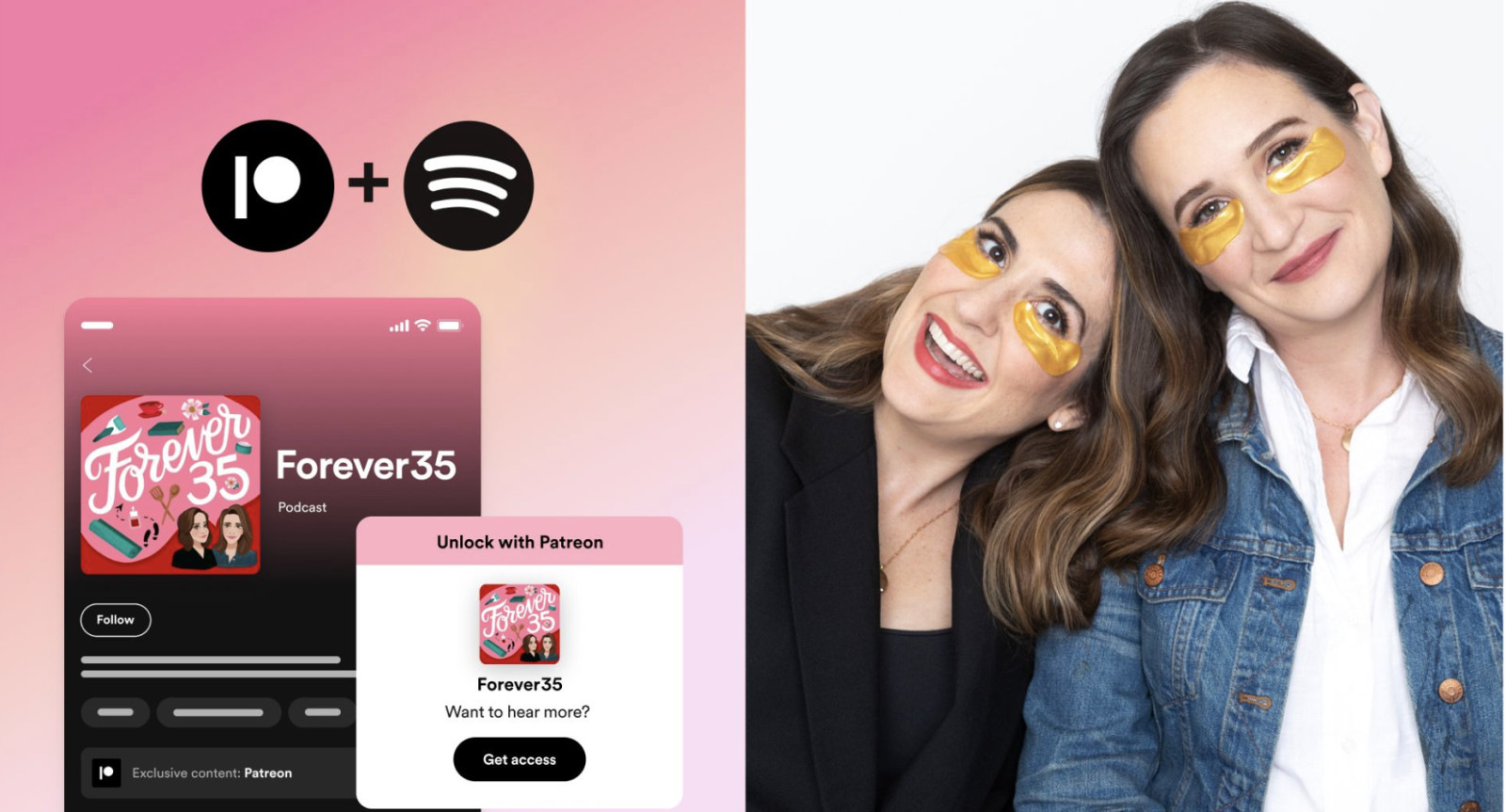Why artist subscriptions are the perfect partner to two-tier licensing

Photo: Spotify

With two-tier licensing now a thing, it is time to focus the discussion on how to add new components to the DSP ecosystem that will help long-tail artists continue to thrive in this brave new world. There are many positives that two-tier licensing will bring (helping mid-tier artist remuneration, attaching an appropriate premium to lean-forward listening, etc.) even if the streaming fraud efforts will likely soon be offset by bot farms increasing their minimum streams thresholds. But the potential downturn to long-tail artist income is a very real prospect. Not only could artist subscriptions re-level the playing field, but self-releasing artists (artists direct) also have an opportunity here that label artists do not.
For more years than we care to remember we have made the case for artist subscriptions, most recently in this MIDiA report. The data in the report shows that what fans want to pay for most (and by some margin) is early access to music, exclusive merchandise, and songs. On one hand, this makes artists subscriptions relatively low effort, as there is no need to produce backstage access videos or host live Q&As, among other things. On the other hand, it is problematic for record labels that have to consider factors such as release campaigns driving large stream volumes to trigger the algorithms, and commercial agreements with DSPs that can complicate exclusives. Artists direct, however, have no such constraints.
MIDiA’s data shows strong willingness among fans to pay, up to $5 an artist. But, if a long-tail artist was to price their subscription at just fifty cents, it would only take five fans to subscribe to generate the same amount of income a thousand streams would. Get that to ten fans (surely eminently achievable for many long-tail artists) and they would be earning double the minimum stream threshold of the two-tier system. It is a mechanism that enables DSP streaming to deliver on the elusive long tail promise and, to boot, everyone wins:
· Artists direct get income that is more meaningful income than in today’s one-tier system
Featured Report
Streaming strongholds High-potential markets for global music players
While the balance of music streamers continues to tip towards global south markets, their smaller ARPU rates limit their revenues. Meanwhile, periodic price-rises and the advent of supremium will reinforce the contributions from the West. This report highlights streaming strongholds, those markets which, underscored by high music engagement and his...
Find out more…· Bigger artists continue to get a more meaningful share of streaming royalties
The beauty of this approach is that the infrastructure is already in place, it just needs a little tweak. In August, Spotify and Patreon announced a new initiative for podcasters, enabling them to create premium subscriptions for exclusive podcast content. Artist subscriptions thus already exist on Spotify, they are just not called artists subscriptions, yet.
Starting in 2024, Spotify and other DSPs face a delicate balancing act. They must navigate the demands of larger rightsholders - a term that covers not only major labels but also a very large number of indie labels and publishers of all shapes and sizes. At the same time, they are going to have to convince the wider creator community that they are there for them.
This is particularly pertinent because DSP streaming no longer hold a monopoly over music creators. In 2022, the number of creators releasing outside of the traditional digital supply chain grew twice as fast as those releasing into streaming. This is the second successive year that this has been the case. A forking is taking place. These creators are choosing share their music on platforms like TikTok, YouTube, Soundcloud, BandLab, Discord, Twitch, Instagram, etc. rather than risk getting lost in the DSP ocean. From a creator economy perspective this is no bad thing, in fact, it will probably be a good thing. However, from a DSP perspective, they will want to utilise every resource at their disposal to position themselves as the most attractive platform for artists.

The discussion around this post has not yet got started, be the first to add an opinion.